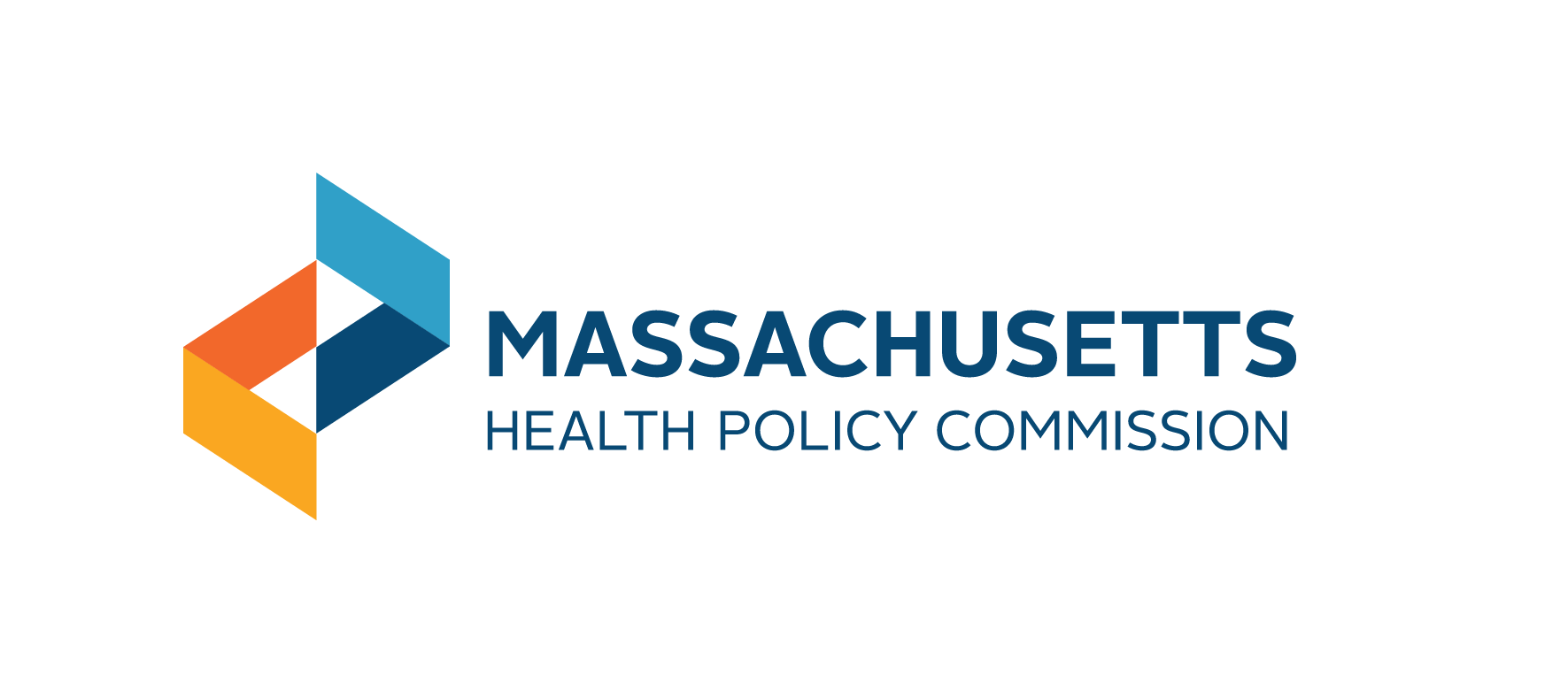- Massachusetts Health Policy Commission
Media Contact for HPC Finds Sharp Decline in Out-of-Pocket Spending for Contraception
Matthew Kitsos, Press Secretary

Boston — Monday, June 26, 2017
Today, the Massachusetts Health Policy Commission (HPC) released new interactive findings focused on the federal Patient Protection and Affordable Care Act of 2010 (ACA)’s impact on out-of-pocket spending for contraception services. A research poster summarizing these findings was chosen through a competitive process to receive a coveted spotlight at today’s 2017 Academy Health Research Conference in New Orleans, the premier health policy research event of the year. A printable version of the HPC DataPoints brief is attached.
The HPC’s research finds that cost sharing for prescription drug claims decreased significantly in the years following the implementation of the ACA.
“Following the passage of the ACA, Massachusetts women experienced significant improvements in affordability and access for high-value contraceptive care and services,” said David Seltz, HPC Executive Director. “Federal legislative or regulatory action has the potential to erode these gains, resulting in impacts to health spending and outcomes.”
Key Findings
In this mini-brief, the HPC focuses on spending, utilization, and patient cost-sharing trends for high-value preventive services in Massachusetts, specifically contraception, after the passage of the ACA.
Importantly the HPC found, for commercially insured members in Massachusetts between 2011 and 2014:
- The average out-of-pocket spending by women for prescription drugs declined 14.2%, almost entirely due to the ACA’s “no cost sharing” policy for preventative contraceptive coverage.
- The percentage of prescription contraception claims with any patient cost sharing decreased significantly from 98% to 6.5%, leading to a decrease in average out-of-pocket spending per contraception claim from $16.00 in 2011 to $1.73 in 2014. This represents an 89% reduction in average cost sharing during this period.
- While the number of prescription contraception claims remained relatively constant each year, the number of women with intrauterine devices (IUD) rose 34%, from 13,800 to 18,500. IUDs are a form of long-acting, reversible contraception (LARC) that have been proven to be cost-saving compared to other forms of contraception, including the pill and other hormonal methods.
- The percentage of women with any patient cost sharing on IUD insertion and devices decreased significantly from 52% to 7%, leading to a decrease in average out-of-pocket spending (including both the insertion and cost of the device) from $28.11 to $5.27. This represents an 81% reduction in average cost sharing during this period.
Policy Implications
The research released today shows that the ACA significantly reduced the out-of-pocket burden of contraception for commercially insured women across all reproductive ages and a range of income levels in the Commonwealth. Due to the higher rate of effectiveness, IUDs are a cost-saving form of contraception; and the increase in IUD uptake could represent an efficient use of healthcare resources in the Commonwealth.
The HPC will continue to examine and monitor trends in this and other potential cost saving areas.
###
